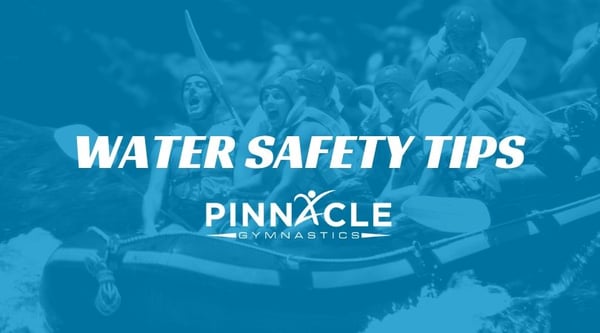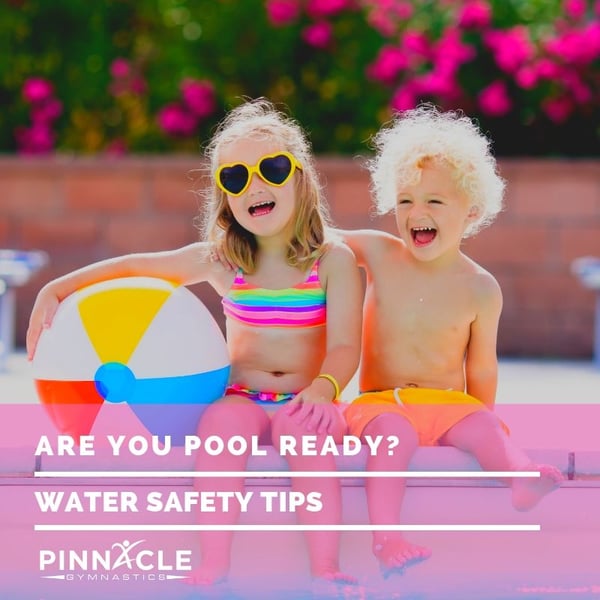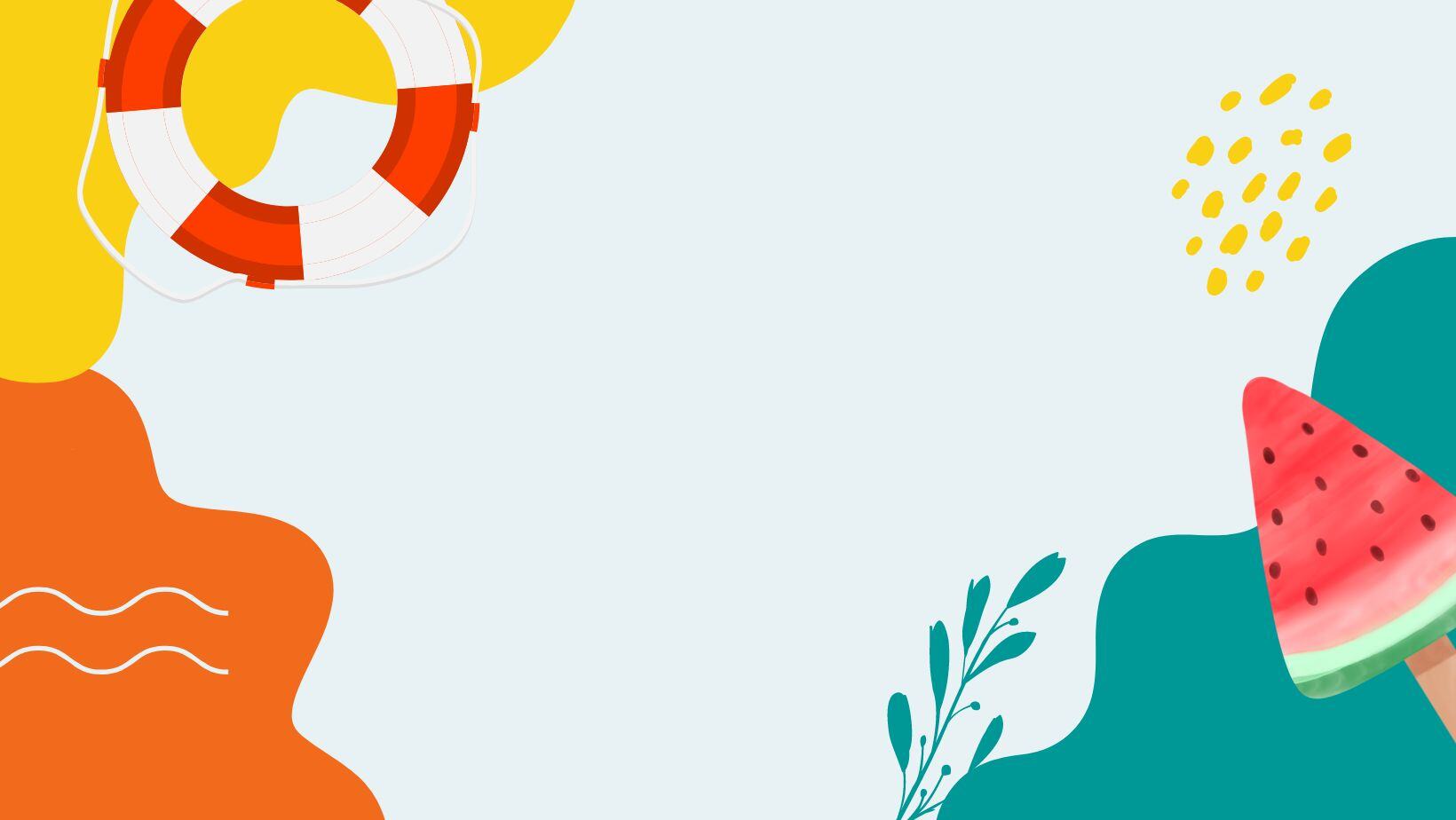Its that time of year when, we are heading of to the lake for the weekend, going to pools, beaches and boating. These activities make summer fun and memorable, however there are precautions you need to take to be sure your family remains safe in the water. Accidents are the leading cause of death for children. It only takes a moment. A child or weak swimmer can drown in the time it takes to reply to a text, check fishing line, or apply sun screen.

What is Water Competency?
Water competency is a way of improving water safety for yourself and those around you through avoiding common dangers, developing fundamental water safety skills to make you safer in and around the water, and knowing how to prevent and respond to drowning emergencies. Water competency has three main components; water smarts, swimming skills and helping others
Do you have Water Smarts?
- Know your limitations, including physical fitness and medical conditions
- Never swim alone; swim with lifeguards and/or water watcher present
- Wear a life jacket appropriate for your weight, size, and the water activity your doing.
- Always wear a life jacket while boating, regardless of swimming skill
- Swim sober
- Understanding the dangers of hyperventilation and hypoxic blackout (body is deprived of adequate oxygen)
- Know how to call for help
- Know the type of risks of the water environment you are in: river currents, ocean rip currents, water temperature, shallow or unclear water, underwater hazards, rocks, animals and vegetation
Swimming Skills Necessary for Water Safety
You should be able to preform these 5 skills in every type of water environment that you may encounter:- Enter water that is over your head, then return to the surface
- Float or tread water for at least 1 minute
- Turn over and turn around in the water
- Swim at least 25 yards
- Exit the water

How to Help Others in Water Emergencies
These actions will help your family avoid emergencies and help you respond if an emergency occurs.- Paying close attention to children or weak swimmers you are supervising in or near water
- Knowing the signs that someone is drowning
- Knowing ways to safely assist a drowning person such as "reach, throw, don't go"
- Knowing CPR & First Aid
It's is always good to have a little bit of added precaution when it comes to home pools such as having an alarm on the back door that sounds when it opens as well as the gate to the pool as well. You can get these at any hardware store pretty inexpensively. Having a lock on the gate that requires a key is beneficial, we always had the key in a place that the kids could not get it. As your children get older your precautions change a little, but you should always be attentive.
So the next time you are at the pool, beach or ocean, I hope that you are able to remember some of these safety tips.
Happy Swimming!
Trish Hodson
Learn more about family friendly activities:




